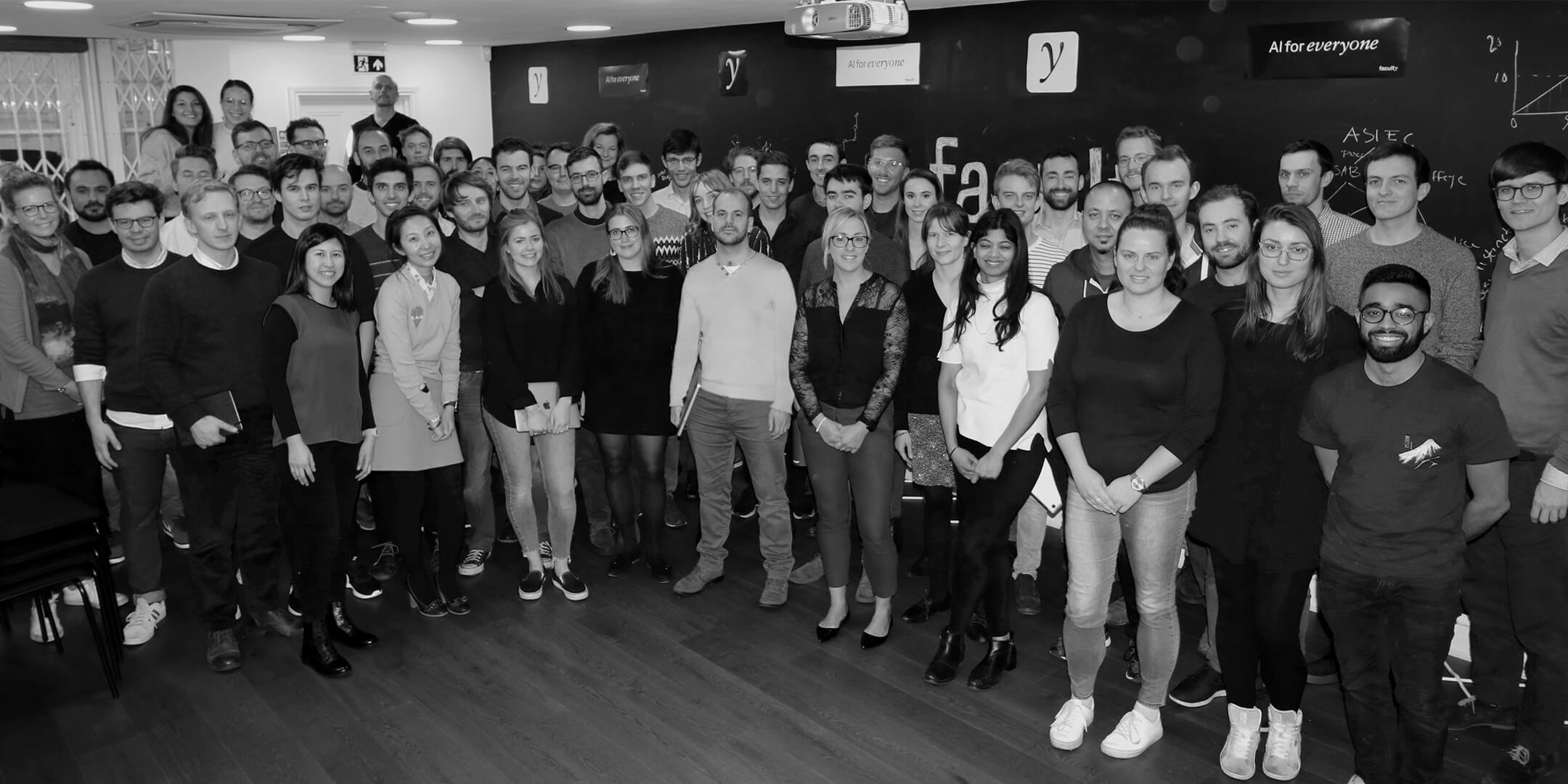Associate Professor, Computer Science
Robert Hoehndorf

Computer, Electrical and Mathematical Sciences and Engineering (CEMSE)
Center membership, Computational Bioscience Research Center
https://cemse.kaust.edu.sa/cbrc/people/person/robert-hoehndorf
Principal Investigator, Bio-Ontology Research Group (BORG)
Orcid
https://orcid.org/0000-0001-8149-5890
Twitter account: @leechuck
“Large volumes of data provide access to a vast body of background knowledge that comes from centuries worth of experimental results.”
Originally from Germany, Professor Hoehndorf is best known for his scientific contributions to biomedical ontologies and their use in bioinformatics.
Professor Hoehndorf helped to pioneer the use of ontology design patterns to generate ontologies from high-throughput data. With these patterns, he built a phenotype ontology spanning several species and enabling the integration of large amounts of data.
Through his research, Professor Hoehndorf has demonstrated how ontologies can be used to find new genes involved in human disease by comparing animal model phenotypes with human disease phenotypes. His work has been used and extended by several research groups worldwide to discover disease genes and enhance our knowledge of Mendelian disease. He joined KAUST in 2
FocusAndTechnologyAreas
Professor Hoehndorf aims to understand how we can use formalized knowledge bases to structure and integrate biological knowledge systematically—and how to utilize these formalized knowledge bases to improve scientific discovery in biology and biomedicine. He works on the interface of knowledge representation, machine learning, and bioinformatics algorithms.
Professor Hoehndorf and his team work alongside leading medical researchers and institutions throughout the Kingdom of Saudi Arabia. Together, they collaborate on rare disease diagnosis, identifying treatments for rare disease and infectious disease (including multi-drug-resistant bacterial infections and COVID-19) while also researching cancer risk and identifying molecular subtypes of cancer from personalized omics data. They use next-generation sequencing combined with background knowledge to interpret results.
Why did you choose this research topic?
While machine learning has widely been applied in medicine, biology, and bioengineering for decades, the life sciences differ from many other application areas of artificial intelligence. Large volumes of data provide access to a vast body of background knowledge that comes from centuries worth of experimental results. Interpretation of biological datasets often requires access to this knowledge so that dependencies in data can be accounted for appropriately and conclusions can be drawn that are consistent with experimental results. My research aims to develop and apply fundamental methods to represent biological knowledge—and allow machine learning methods to use these insights effectively.

